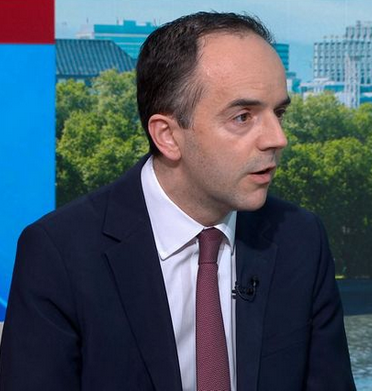VENCLYXTO (venetoclax) is the first B-cell lymphoma 2 (BCL-2) inhibitor to be granted a licence in the UK and works differently to all other licensed therapies for chronic lymphocytic leukaemia (CLL)
Professor Peter Hillmen, Consultant Haematologist, Leeds Teaching Hospitals NHS Trust and Coordinating Investigator of the venetoclax studies in the UK said, “Venetoclax represents an important new option to offer eligible patients with CLL who have a very poor outcome with conventional therapies. Studies have shown that clinically significant numbers of patients respond to the treatment, with a number of these achieving complete responses. For clinicians, it has been meaningful to observe that some patients are achieving a deeper remission where minimal disease is not detectable on a molecular level, rarely seen in pre-treated patients. These types of clinical advances are bringing us closer than ever to successfully treating these types of cancers.”
CLL is the most common form of leukaemia in adults, affecting the lives of nearly 3,500 people in the UK each year. CLL has a highly variable clinical course, with the cancer growing and progressing slowly in some people whereas in others the cancer is more aggressive and treatment is required sooner. The build-up of abnormal/immature lymphocytes compromises patients’ ability to ward off infections and attacks on the immune system.[i] Other common symptoms include swollen lymph glands, abdominal discomfort, weight loss, fever and severe fatigue which significantly impacts quality of life.
Despite treatment, the majority of people living with CLL will eventually have their disease recur. In people for whom BCR inhibitors fail, less than half will survive longer than 3 months. While for people who develop or harbor gene mutations, such as 17p deletion or TP53 mutation, treatment is particularly challenging and these are associated with poorer quality of life and a median life expectancy of less than two to three years with current standard-of-care regimens.
















